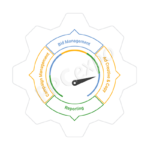Emerging Trends in B2B Marketing
In 2024, the landscape of B2B marketing in Singapore is undergoing a profound transformation, driven by a confluence of emerging trends. Keeping pace with these developments is essential for marketers looking to succeed in this dynamic environment.
Leveraging Technology: AI, Automation, and Personalization
- Artificial Intelligence (AI) and Automation: AI-powered tools like chatbots are revolutionizing B2B marketing by automating routine tasks, streamlining data analysis, and enhancing customer experiences. Marketers can leverage AI to better understand customer behavior, predict trends, and optimize campaigns.
- Personalization: Hyper-personalization is becoming the norm. Marketers can create tailored content, product recommendations, and communication strategies to engage B2B customers at a deeper level. Personalization fosters stronger relationships and higher conversion rates
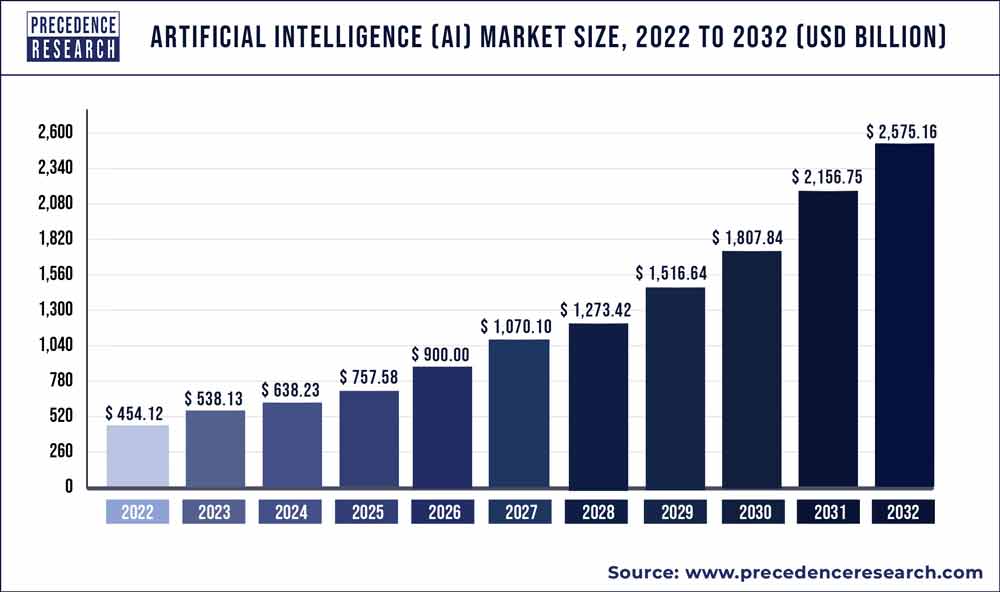
The growth of artificial intelligence
Sustainability and Corporate Social Responsibility (CSR)
- Eco-consciousness: Sustainability is no longer a buzzword; it’s a priority. B2B buyers in Singapore increasingly seek eco-friendly products and partners. Marketers can capitalize on this trend by highlighting sustainable practices, green initiatives, and CSR efforts in their messaging.
- Reputation and Values: CSR initiatives not only contribute to positive brand image but also resonate with socially conscious B2B customers. Businesses that align with meaningful causes and demonstrate ethical values can build trust and loyalty.
By staying attuned to these trends, B2B marketers in Singapore can position themselves for success in 2024. Incorporating AI, automation, and personalization into their strategies, adapting to post-pandemic realities, and embracing sustainability and CSR will be pivotal in meeting the evolving needs and expectations of their target audience.
Building a Strong B2B Marketing Strategy in Singapore and Beyond
In the ever-competitive landscape of B2B marketing in Singapore in 2024, a well-crafted marketing strategy is the compass that guides businesses towards success. Here, we’ll delve into the critical components of such a strategy and how they contribute to achieving your marketing goals.
Comprehensive Understanding of Your Market
A successful B2B marketing strategy begins with a deep understanding of your target market. This involves conducting thorough market research to identify trends, customer pain points, and emerging opportunities. By knowing your market inside out, you can tailor your messaging and offerings to meet specific needs.
Buyer Personas and Audience Segmentation
Buyer personas and audience segmentation are invaluable tools in B2B marketing. Developing detailed buyer personas helps you create content and campaigns that resonate with different decision-makers within your target companies. Segmenting your audience allows for highly targeted messaging, ensuring that your efforts reach the right people at the right time.
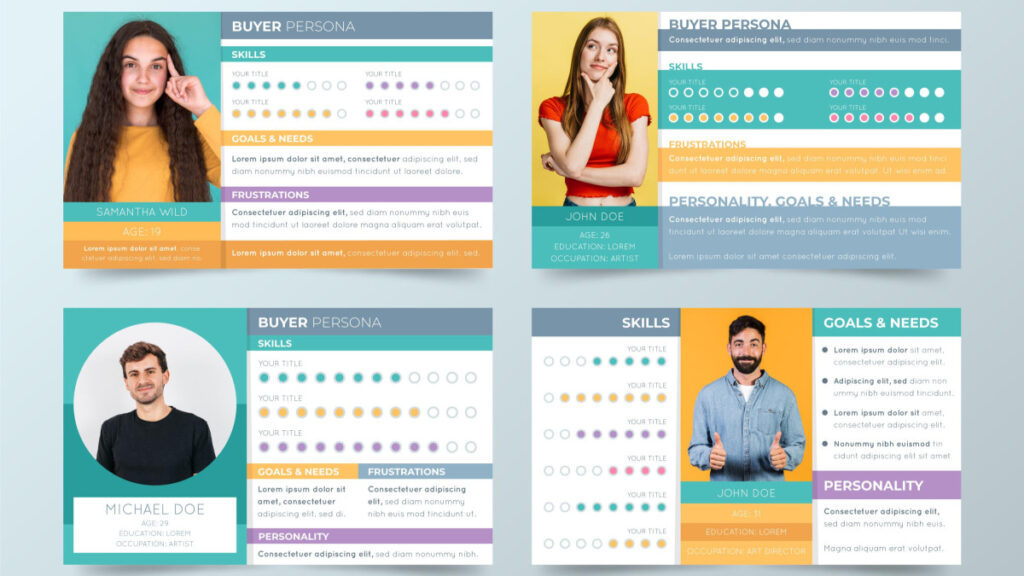
B2B buyer personas (Damos.co)
Content Marketing as a B2B Cornerstone
Content marketing remains a cornerstone of B2B strategy in 2024. By creating high-quality, informative content that addresses your audience’s pain points, you establish yourself as an industry authority and build trust with potential clients. Content can take various forms, including blog posts, whitepapers, videos, and webinars.
Optimizing Search Visibility with SEO
Search Engine Optimization (SEO) is pivotal in making sure your content gets discovered. Effective SEO strategies ensure that your website and content rank prominently in search engine results, increasing your visibility to potential B2B customers actively seeking solutions in your industry.
Harnessing the Power of Social Media
Social media platforms play a crucial role in B2B marketing. LinkedIn, in particular, is a hotbed of professional networking and B2B interactions. By maintaining an active presence on platforms relevant to your industry, you can engage with prospects, share valuable content, and establish meaningful connections.
Nurturing Leads and Building Relationships
A successful B2B marketing strategy extends beyond the initial contact. It includes lead nurturing to guide prospects through the decision-making process and build strong, long-lasting relationships. Email marketing, webinars, and personalized follow-ups are essential components of this process.
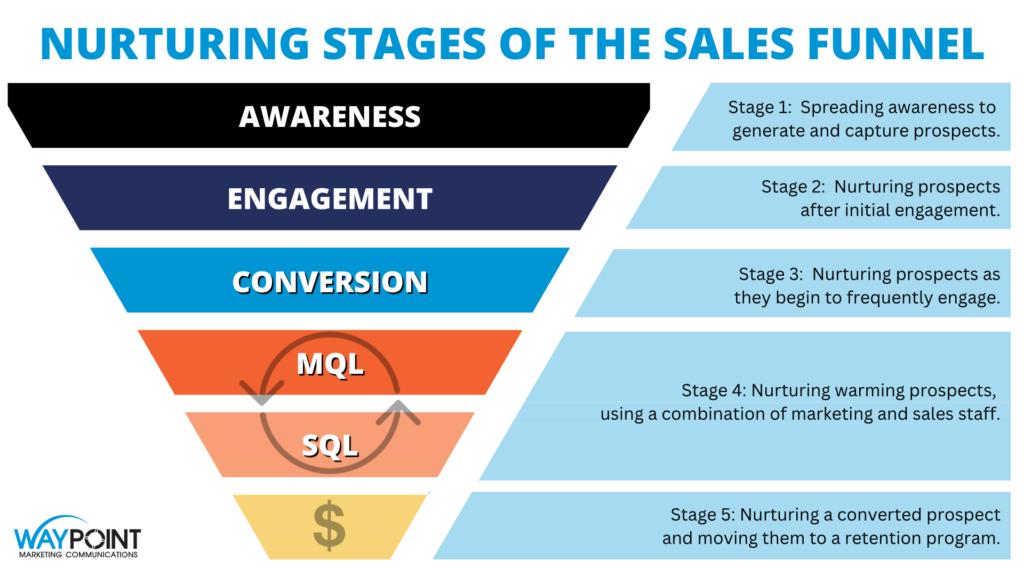
Lead Nurturing Funnel (Waypoint)
Analytics and Iteration
An often-overlooked aspect of a strong B2B marketing strategy is the use of analytics. Regularly tracking and analyzing key performance indicators (KPIs) enables you to assess the effectiveness of your efforts and make data-driven adjustments to your strategy. Continuous iteration is essential for staying competitive.
Leveraging Data and Analytics
In the rapidly evolving world of B2B marketing in Singapore in 2024, data-driven decision-making has become not just a competitive advantage but a necessity. This section highlights the pivotal role that data and analytics play in shaping effective B2B marketing strategies.
Data-Driven Decision-Making
Data is the backbone of modern B2B marketing. It enables marketers to gain deep insights into customer behavior, preferences, and engagement patterns. By relying on data, businesses can make informed decisions, allocate resources efficiently, and continuously refine their marketing efforts.
Analytics Tools and Platforms
To harness the power of data, B2B marketers must leverage analytics tools and platforms. Google Analytics, HubSpot, and Adobe Analytics are just a few examples of tools that offer comprehensive data tracking and reporting capabilities. These platforms provide valuable insights into website traffic, user behavior, and campaign performance.
Tracking Return on Investment (ROI)
ROI is a crucial metric in B2B marketing. It quantifies the effectiveness of marketing campaigns by measuring the return generated in relation to the resources invested. With robust analytics tools, businesses can track ROI with precision, allowing them to identify which marketing channels and strategies yield the highest returns.
Data-Driven Refinement
Data not only informs decision-making but also empowers marketers to refine their strategies continuously. By analyzing data, you can identify trends, spot areas for improvement, and make data-backed adjustments to your marketing campaigns. For example, if data reveals that a particular type of content consistently performs well with your audience, you can allocate more resources to create similar content.
Personalization and Segmentation
Data-driven insights enable advanced personalization and audience segmentation. By understanding your audience’s preferences and behavior, you can tailor your messaging to individual buyer personas, increasing the likelihood of engagement and conversion. For example, you can send personalized email campaigns based on user behavior and preferences.
Ongoing Competitive Analysis
Data can also be used for competitive analysis. By monitoring your competitors’ online activities and performance metrics, you can identify gaps and opportunities in the market. This information can inform your own marketing strategies and help you stay ahead in the competitive B2B landscape.
B2B Marketing in Singapore Case Study: ST Engineering
We recently got to work with ST Engineering, a cybersecurity firm in Singapore.
ST Engineering faced difficulties promoting its cybersecurity solutions in unfamiliar US and Middle East markets. Brew Interactive crafted a precise, omnichannel strategy to introduce the brand, educate decision-makers, and generate leads.
ST Engineering’s cybersecurity division became highly profitable, experiencing a 340% increase in deal-to-opportunity rate and a substantial 360% boost in opportunity value. Brew Interactive’s strategic approach positioned ST Engineering as a B2B marketing success story.
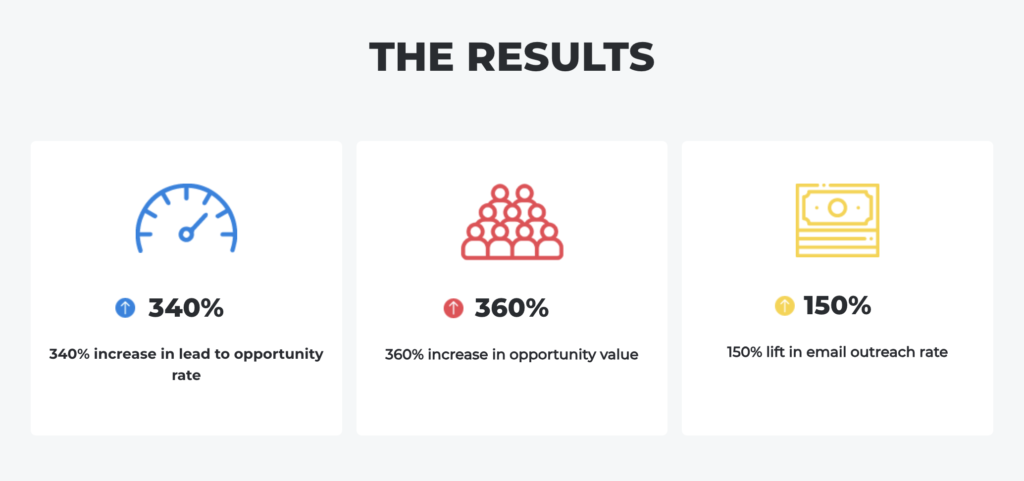
Here’s how we did it:
- In-Depth Persona & ICP Research: Brew conducted extensive research to understand the Ideal Customer Profile (ICP) by interviewing clients, creating detailed buyer personas.
- Personalized LinkedIn Ads: Customized LinkedIn ads promoted webinars and eBooks to engage the ICP effectively.
- Advanced LinkedIn Segmentation: Segmented campaigns targeting specific buyer personas, evolving from TOFU to middle-of-funnel content.
- Optimized Google Search & Display Ads: Utilized Google Search data for effective Search Ads and retargeted with Display Ads.
- Analytics and User Flow Analysis: Continuous site analysis led to improved user experience and conversions.
Check out the full case study here.
The evolving landscape of B2B marketing in Singapore in 2024 demands agility, innovation, and a deep understanding of market dynamics. In this journey to success, we’ve explored crucial facets of B2B marketing, from understanding the Singaporean B2B landscape to leveraging data and analytics.
We’ve seen how ST Engineering overcame challenges and implemented a comprehensive strategy, demonstrating the impact of targeted tactics. Their remarkable achievements serve as a testament to the power of data-driven decision-making, persona-driven content, and omnichannel marketing.
As you navigate the intricacies of B2B marketing in Singapore in 2024, remember that success lies in adaptability, continuous improvement, and a commitment to understanding your audience. By incorporating the strategies and insights discussed in this article, you’ll be well-equipped to thrive in the dynamic B2B landscape and achieve your marketing goals.
In an era of rapid change, those who embrace innovation and stay attuned to emerging trends will not only survive but thrive in the competitive world of B2B marketing. Here’s to your continued success in Singapore’s dynamic B2B market in 2024 and beyond.






